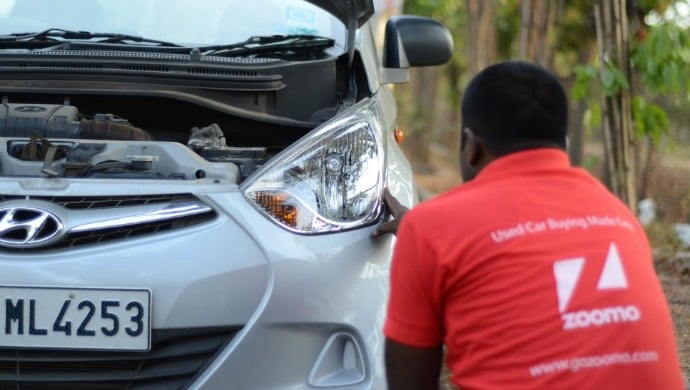Probity and integrity are rare things seen among entrepreneurs these days. And such people always show their impeccable characters even in the toughest of the times

Startup world is full of negative stories — of founders siphoning off funds or fighting with VCs on cash burn, etc. I know at least two such entrepreneurs, one of whom was caught by the police for fleeing India with the seed money he raised. This founder (ironically, he is the son of a bureaucrat known for his integrity) had to spend some time in jail as an under-trial. The other founder I am referring to was exposed for fraudulent billing at his startup, and the VCs snatched back the money they invested in when they detected discrepancies.
The two startups, both in Bangalore, are no more.
While it is not fair to paint everyone with the same brush, it is a fact that there are startups who indulge in wrongdoings and unethical practices. They often inflate the number of customers to attract VC money, blow up investment figures to get media attention and plainly lie to media about revenues, etc.
Also Read: Cut out the broker and Zoom(o) to the pre-owed car of your choice
Simply put, probity and integrity are rare things seen among entrepreneurs these days. And such people always show their impeccable characters even in the toughest of the times.

Himangshu Hazarika
Arnav Kumar, Himangshu Hazarika and Aniket Behra are such entrepreneurs who belong to this rare breed. They have set a good example by doing something noble when they decided to shut down their business. And for this act, they are getting a lot of respect from the industry.
Zoomo, founded by this IITian trio, was a peer-to-peer platform for used car transactions that helped patrons to buy verified, pre-inspected cars from direct owners without paying any brokerage. The platform was owned and operated by Bangalore-based YoungMonk Technologies.
Although the company grew fast and looked promising in the initial years, the founders had to shut down when they realised the business will not sustain due to low conversion rates and unfavourable unit economics. They tried their level best tweaking the business models several times, but all in vain. And they had to wind up finally.
But even in this tough time, the founders took a bold decision — to return the US$7 million VC investment they had raised from a SAIF Partners over the previous two years.

Arnav Kumar
“We were extremely frugal. We used to make decent amount of money on every transaction, so we didn’t have to touch the VC money parked in the bank,” Co-founder Kumar told e27. “We sniffed good potential for our business in the initial years, but the market was not mature enough. We tweaked our business model five times, but none of them worked. So we took the extreme step.”
While they had other options like testing a new business model or pivoting the product or develop a completely different product, they decided against it.
“We decided not to force ourselves to pick another idea just because we have VC money in the bank. We felt that if we pick something else without serious contemplation, it would be disastrous. Using the VC money to do something completely different would be short-sighted,” Kumar said.
“We had a transparent and open relationship with SAIF Partners. So when we realised that our business model would not work and decided to shut down, they respected it,” said Kumar.
The trio started the company with an aim to address the trust deficit in the Indian used car market. ”India is a heterogeneous country and people don’t trust each other so easily. You need to have great confidence to trust someone with his car, who you haven’t even met in your life before. With Zoomo, we are trying to bring trust to this industry,” Kumar said.

Aniket Behra
It was all smooth in the initial months. They had some decent number of transactions on its platform across Bangalore, Mumbai and Hyderabad. And it wanted to expand to more cities. “As we were going well, we hired lots of people. But sooner than later, we realised that we had to take a more product-centric approach to succeed. So we decided to automate the process and as a result let go of around 150 people. Although we managed to reduce costs, it was not enough to survive in the market. We still could not solve the fundamental problem, i.e. the lack of a pricing standard and the friction in transactions,” added Kumar.
The good thing is that most of the people who have lost their Zoomo jobs have already landed new jobs. While some others chose to stay back to help the trio survive the tough time.
“People who have lost their jobs want to come back when we start a new venture. But as of now, we have no plans to start another startup,” he concluded.
The post They shut their shop, but they did it with exemplary humility appeared first on e27.